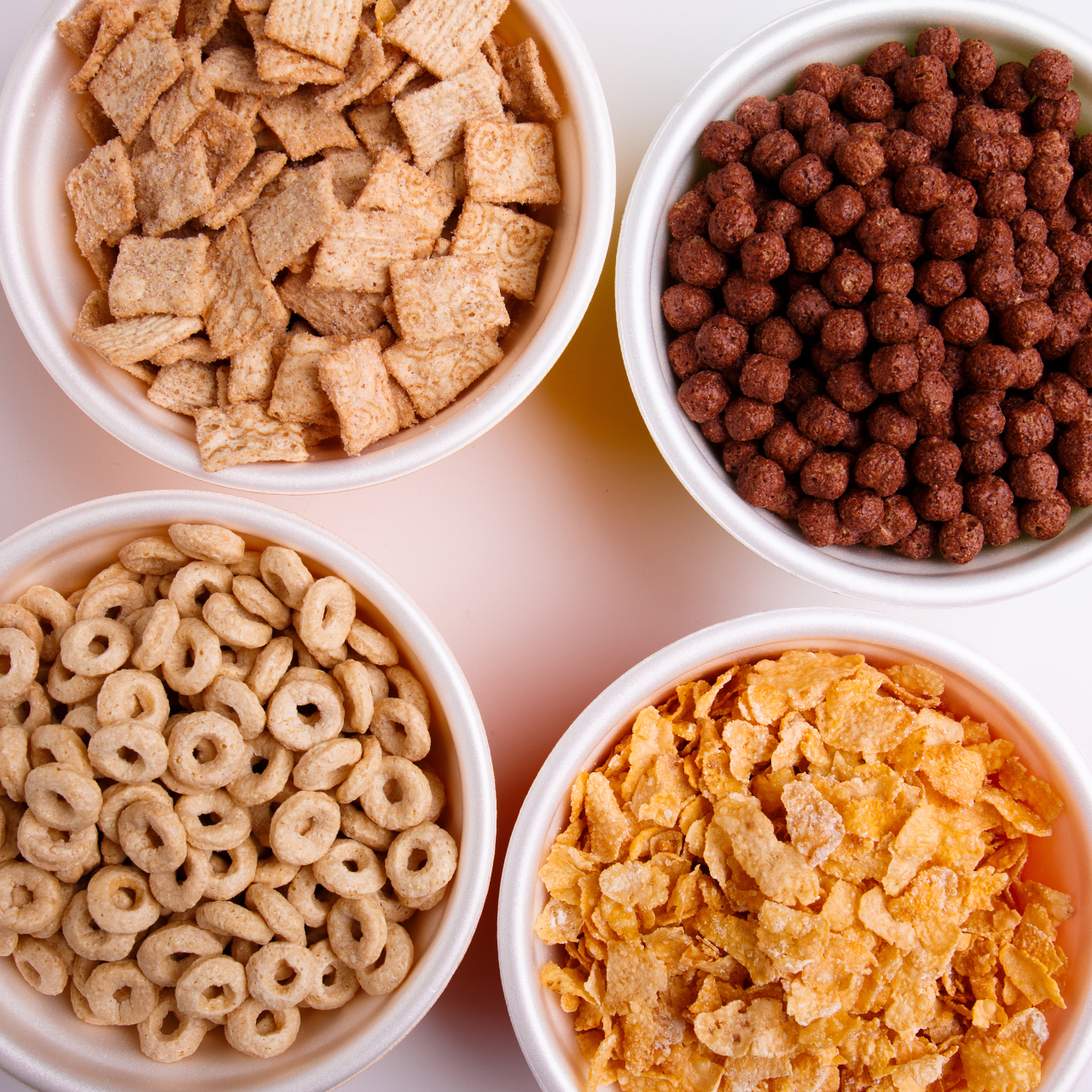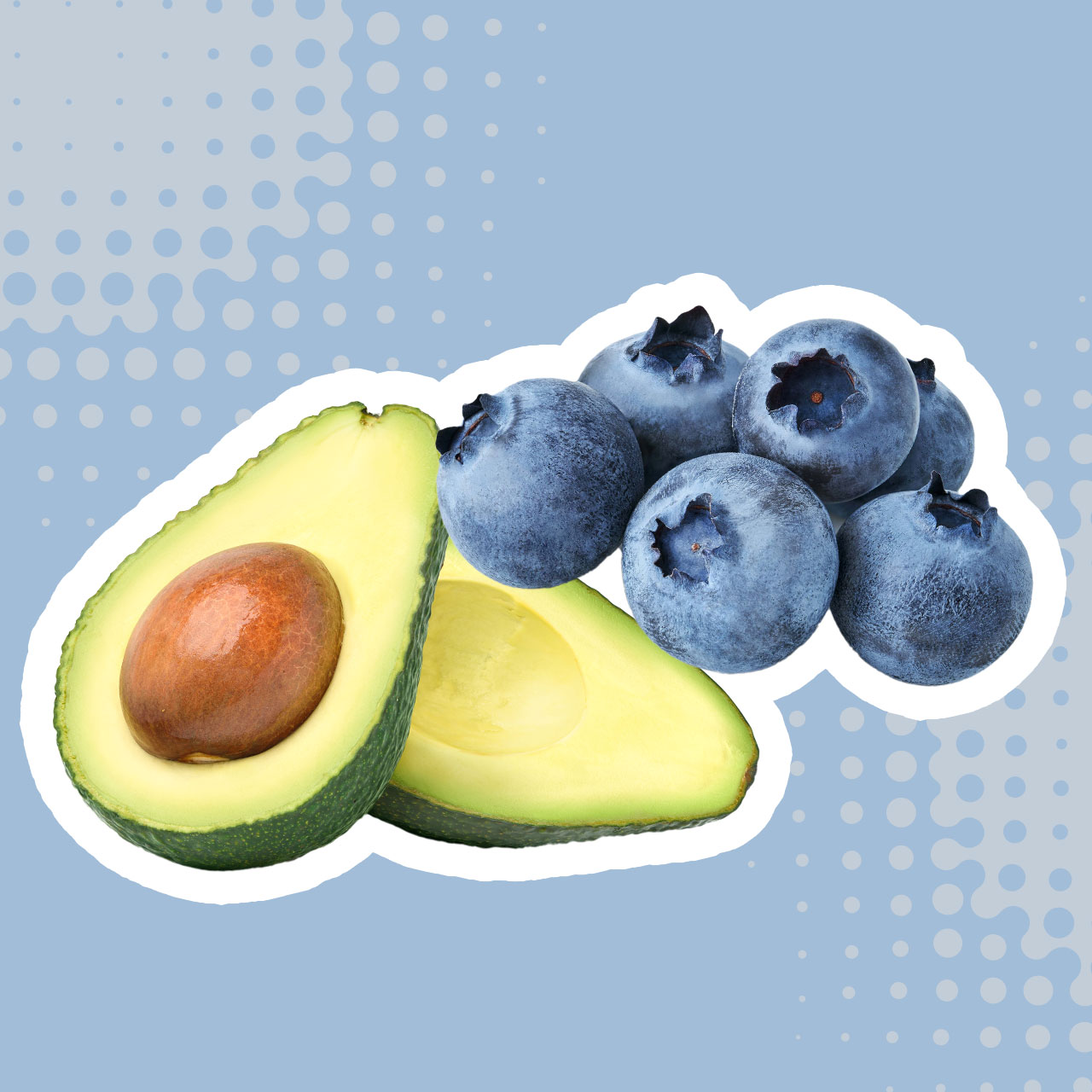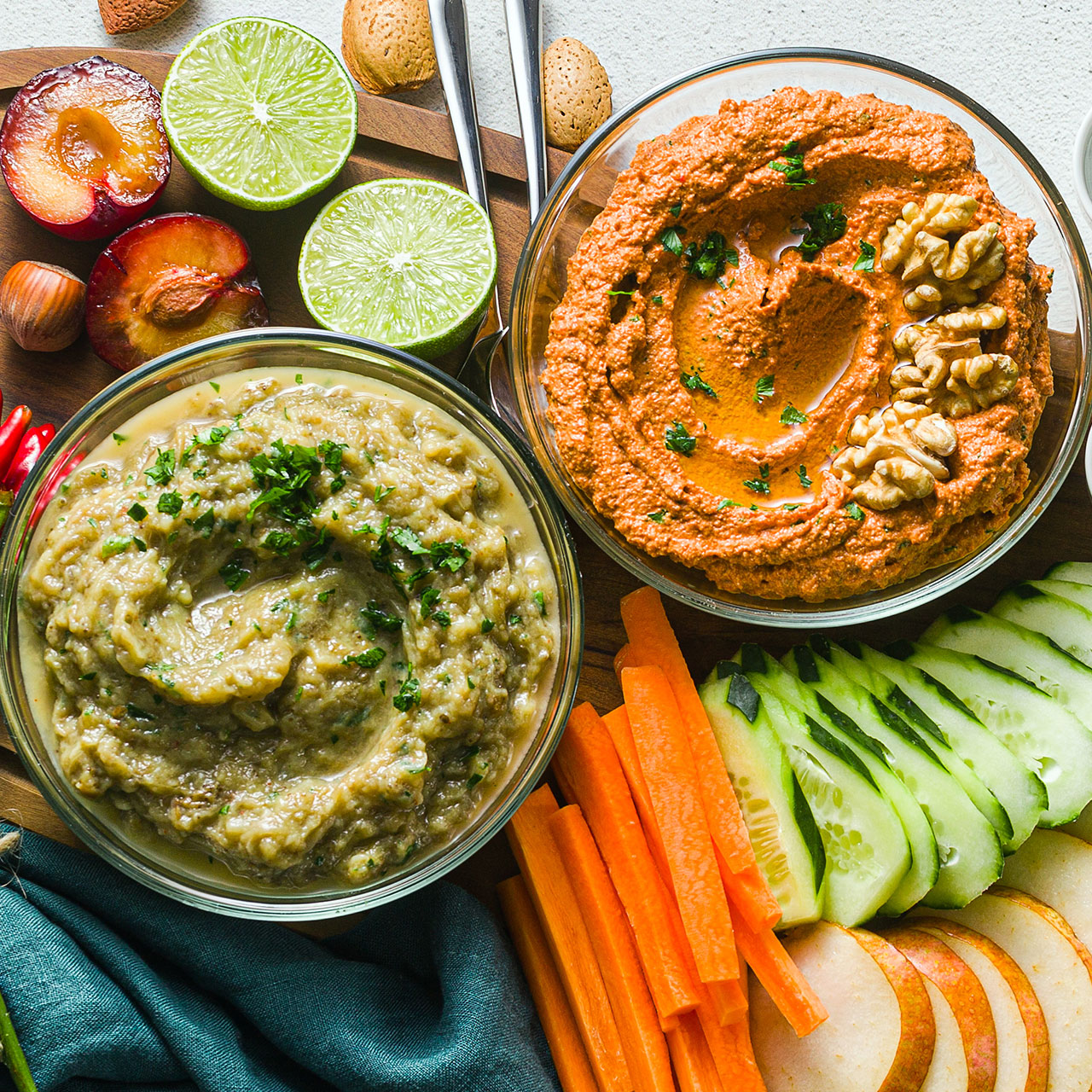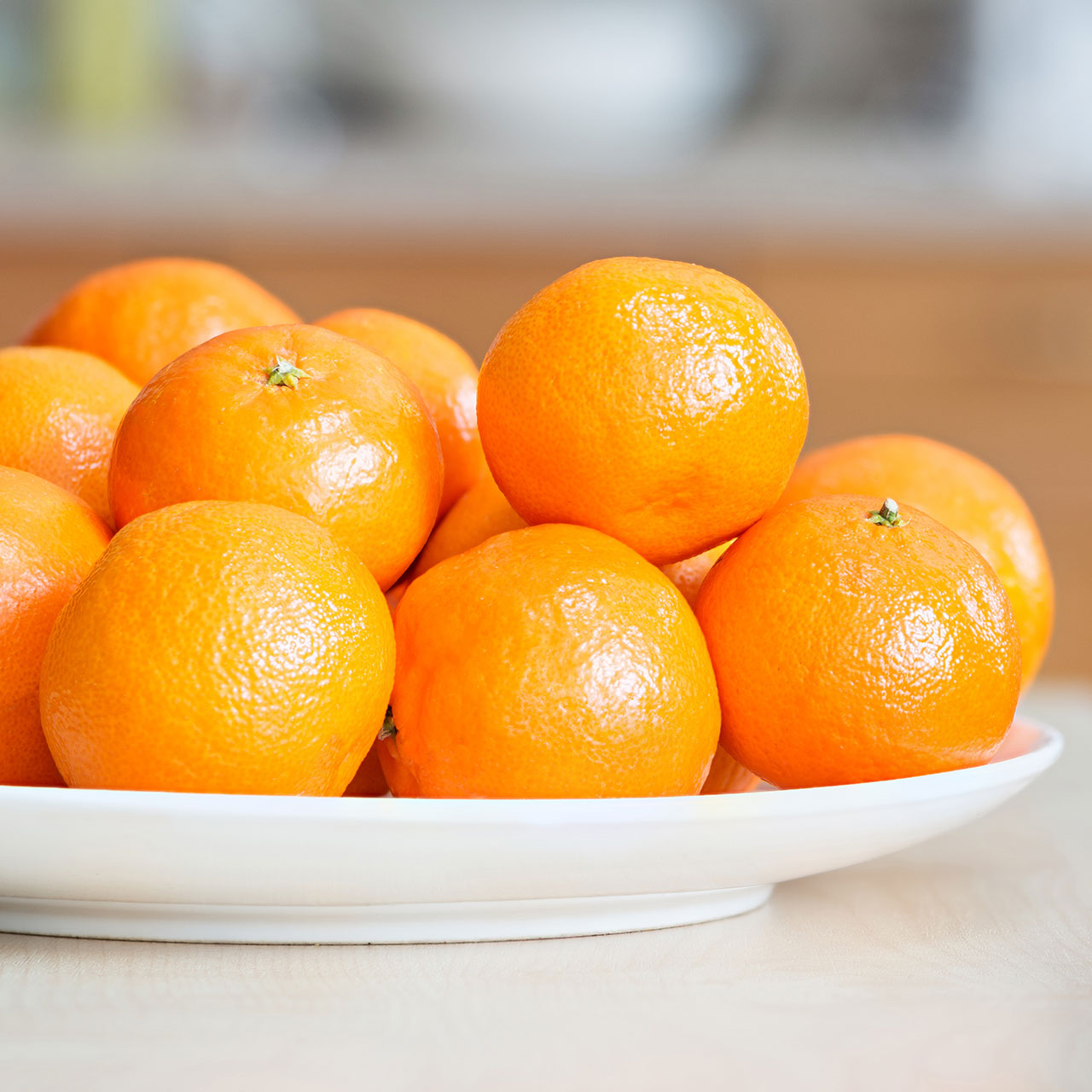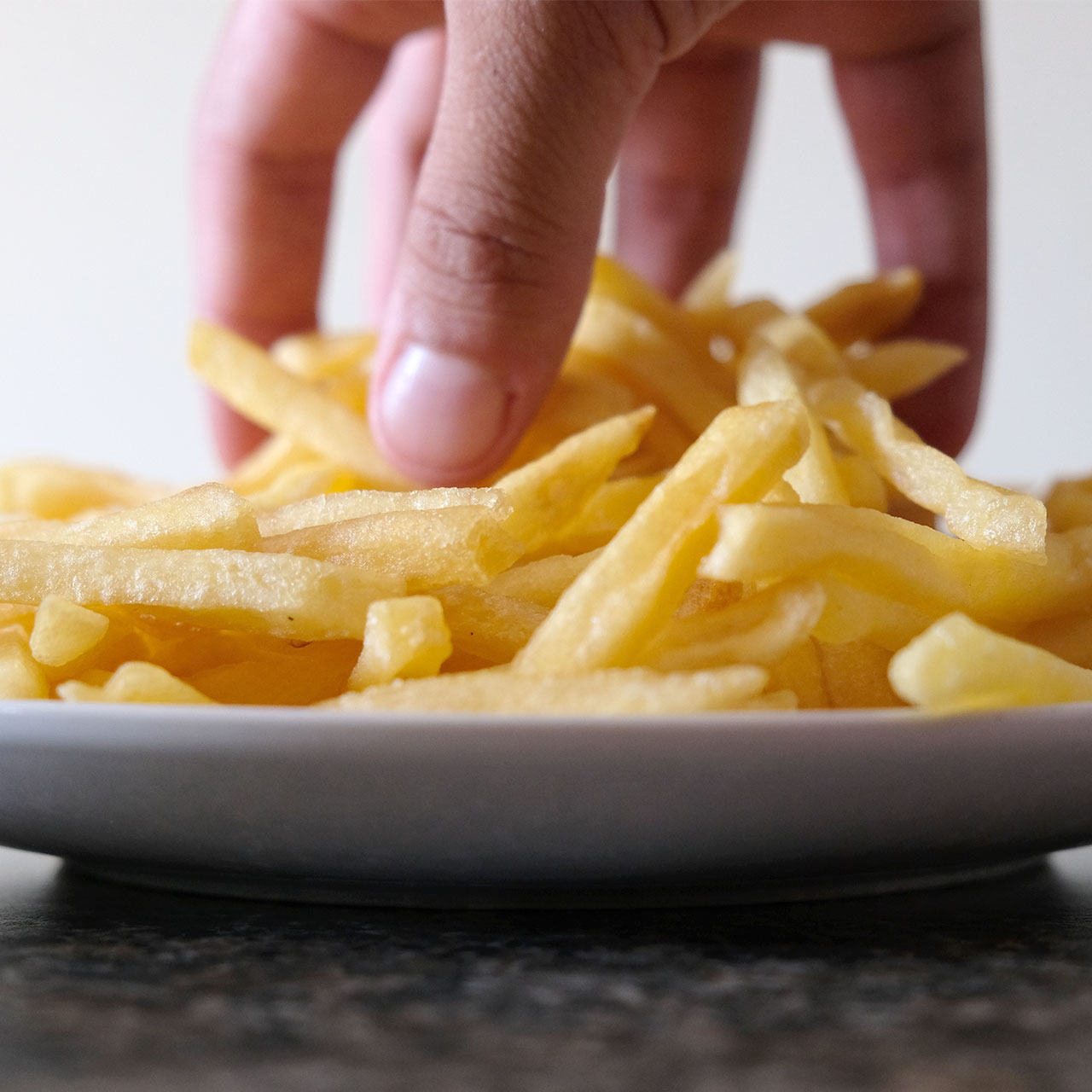Starting the day with a healthy breakfast is crucial for maintaining energy levels, supporting metabolism, and aiding weight loss. Breakfast kickstarts your metabolism, helping you burn calories throughout the day, and provides essential nutrients that your body needs after an overnight fast. However, not all breakfast choices are created equal. Consuming certain foods can lead to inflammation, which not only impacts overall health but also contributes to weight gain.
Inflammation is the body’s natural response to injury or infection, but chronic inflammation can lead to a variety of health issues, including insulin resistance, metabolic syndrome, and obesity. Many common breakfast foods are high in refined sugars, unhealthy fats, and processed ingredients, which can trigger inflammation and disrupt your metabolism. This can lead to weight gain and other health problems over time. Here are nine breakfast foods that experts warn are likely to lead to inflammation and weight gain.

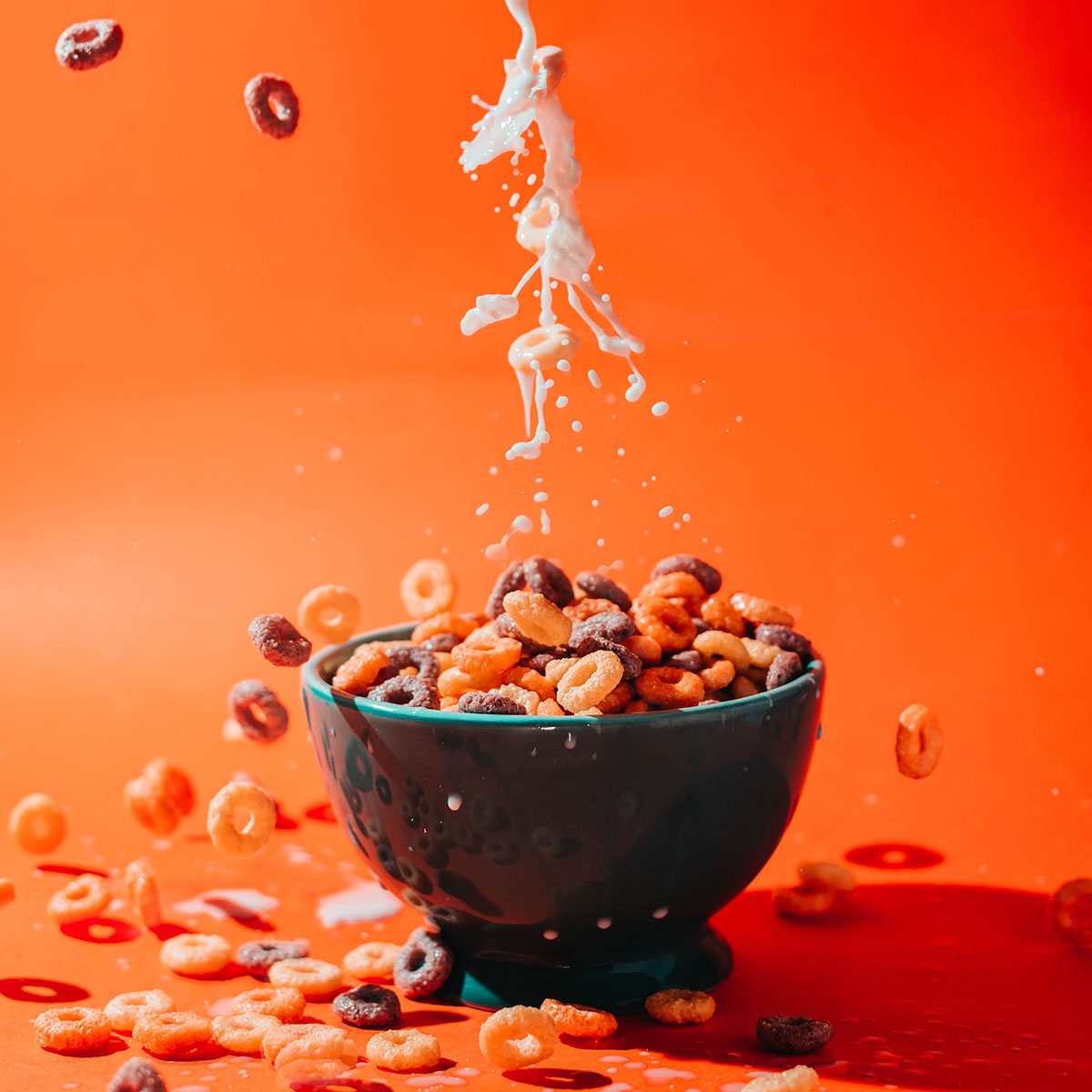
1. Cereal
Many cereals are made from refined grains, which lack the fiber found in whole grains. These refined carbohydrates are quickly digested and absorbed into the bloodstream, leading to rapid increases in blood sugar levels. This quick digestion causes insulin to spike, which can contribute to insulin resistance and inflammation over time. The lack of fiber and high sugar content can also lead to overeating and subsequent weight gain, as the initial energy boost quickly fades, leaving you hungry again.
"Not all breakfast cereals are made equal, but they tend to be high in sugar without much other nutritional value. If a cereal doesn’t have fiber, then there is nothing to help regulate your blood sugars. If you want to have a morning breakfast cereal, look for one that has less than 10% of the calories from sugar; ideally, there should be no sugar added to it at all. You can help regulate your blood sugars by eating it with chopped fruit for a source of fiber and milk, which is a good source of protein. By having protein and fiber in foods, it can help to slowly release sugar into your bloodstream, which helps to control blood sugar spikes," Michelle Saari, MSc, RD, from eHealth project says.
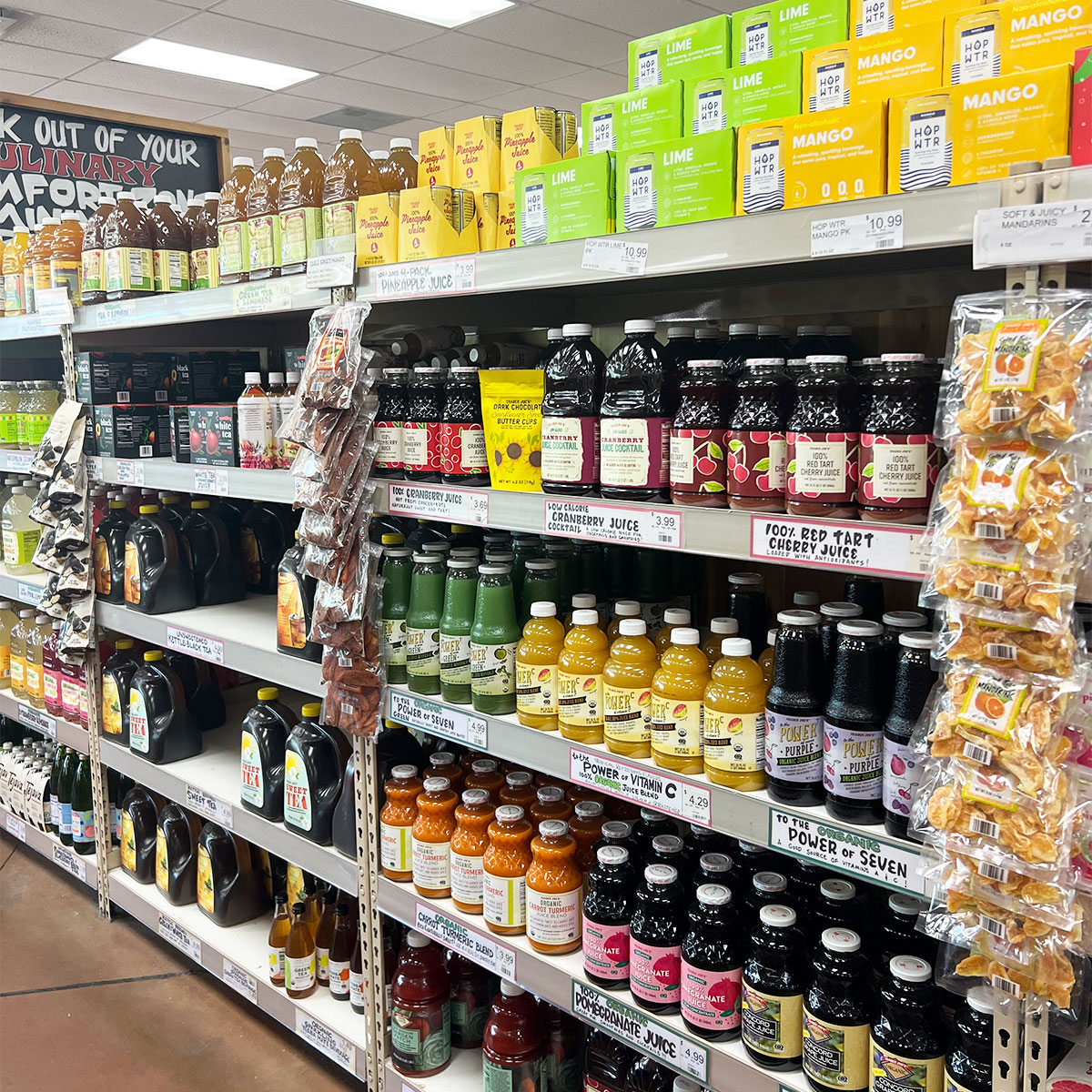
2. Fruit Juice
Fruit juice contains a lot of sugars that quickly enter your bloodstream, causing a rapid rise in blood sugar levels. Liquids are digested and absorbed more quickly than solid foods, causing the sugars in fruit juice to hit your bloodstream faster than eating whole fruits. This leads to quick increases in blood sugar and can cause inflammation.
The high sugar content of these beverages "can lead to spikes in blood sugar levels and contribute to inflammation in the body. Sugary drinks have been associated with an increased risk of insulin resistance, which can lead to weight gain and other health problems," Lisa Richards, creator of The Candida Diet notes.

3. Donuts
Donuts, while delicious, have detrimental effects on health due to their high sugar and refined flour content. Consuming them regularly can lead to inflammation in the body, as high sugar intake is associated with increased levels of inflammatory markers. Additionally, the high calorie and fat content in donuts contribute to excessive calorie intake, promoting weight gain over time.
"Donuts have a high content of refined sugars, unhealthy fats, and processed ingredients. They are typically made with refined wheat flour and packed with added sugars, causing a rapid rise in blood glucose levels when consumed. This sudden spike in blood sugar triggers a corresponding surge in insulin to regulate sugar levels, which can be harmful to the body in the long term and lead to insulin resistance," Richards reveals.
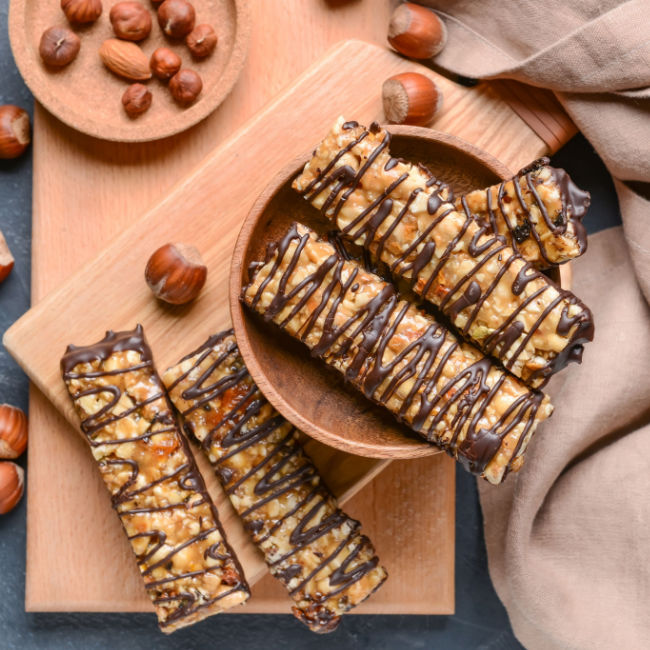
4. Granola Bars
Packed with refined grains, added sugars, and often dried fruits or chocolate chips, granola bars can quickly elevate blood sugar levels. Consistent consumption of these high-carb snacks can lead to insulin resistance over time. Additionally, their calorie density and high carbohydrate content can contribute to excessive calorie intake, hindering weight loss efforts.
"These are glorified chocolate bars without the satisfaction that you get from eating a chocolate bar. They are high in added sugar and high in calories for a very small amount. Skip the granola bars because they really aren’t adding anything to your diet. If you need a snack throughout the day, try making your own trail mix with mixed nuts for protein and healthy fat, popcorn for fiber and whole grains, and a piece of fruit for fiber. This is the ultimate combination to help manage blood sugars and reduce the risk of insulin resistance," says Saari.

5. White Bread and Bagels
White bread and many bagels are made from refined grains, which have had the fiber-rich bran and germ removed during processing. The absence of fiber in white bread and bagels can lead to imbalances in gut health and contribute to insulin resistance, promoting inflammation. Furthermore, these refined carbohydrates can cause rapid spikes and crashes in blood sugar levels, leading to increased hunger and overeating, which can result in weight gain.
"Refined carbohydrates like white bread and bagels lack fiber and can lead to rapid spikes and crashes in blood sugar. Opting for whole-grain or alternative flour options can provide sustained energy and aid in weight loss," Shana Abraham, a personal trainer and nutrition coach reveals.
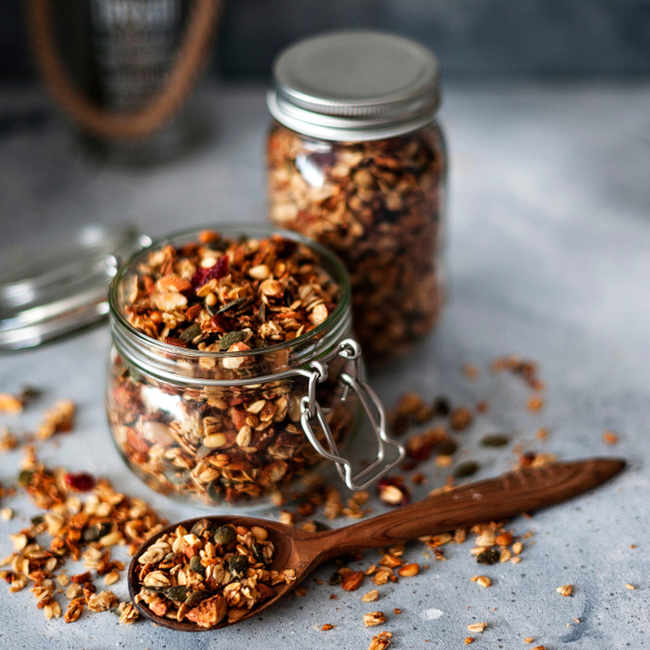
6. Granola
Granola, often seen as a nutritious choice for breakfast due to its healthy ingredients like nuts and oats, can actually be harmful when store-bought varieties are laden with added sugars and unhealthy fats. These ingredients can cause inflammation throughout the GI tract and body, leading to a slower metabolism. The high calorie density and added sugars in many commercial granola brands can also contribute to weight gain if consumed regularly.
"Granola is typically loaded with added sugars, unhealthy fats, and calories," nutritionist Jesse Feder says. "The high amount of sugar and fats can cause inflammation throughout the GI tract and body. This can lead to a slower metabolism as well."
Feder recommends looking for granola with minimal added sugars and simple ingredients or making your own homemade granola to control what goes into it.
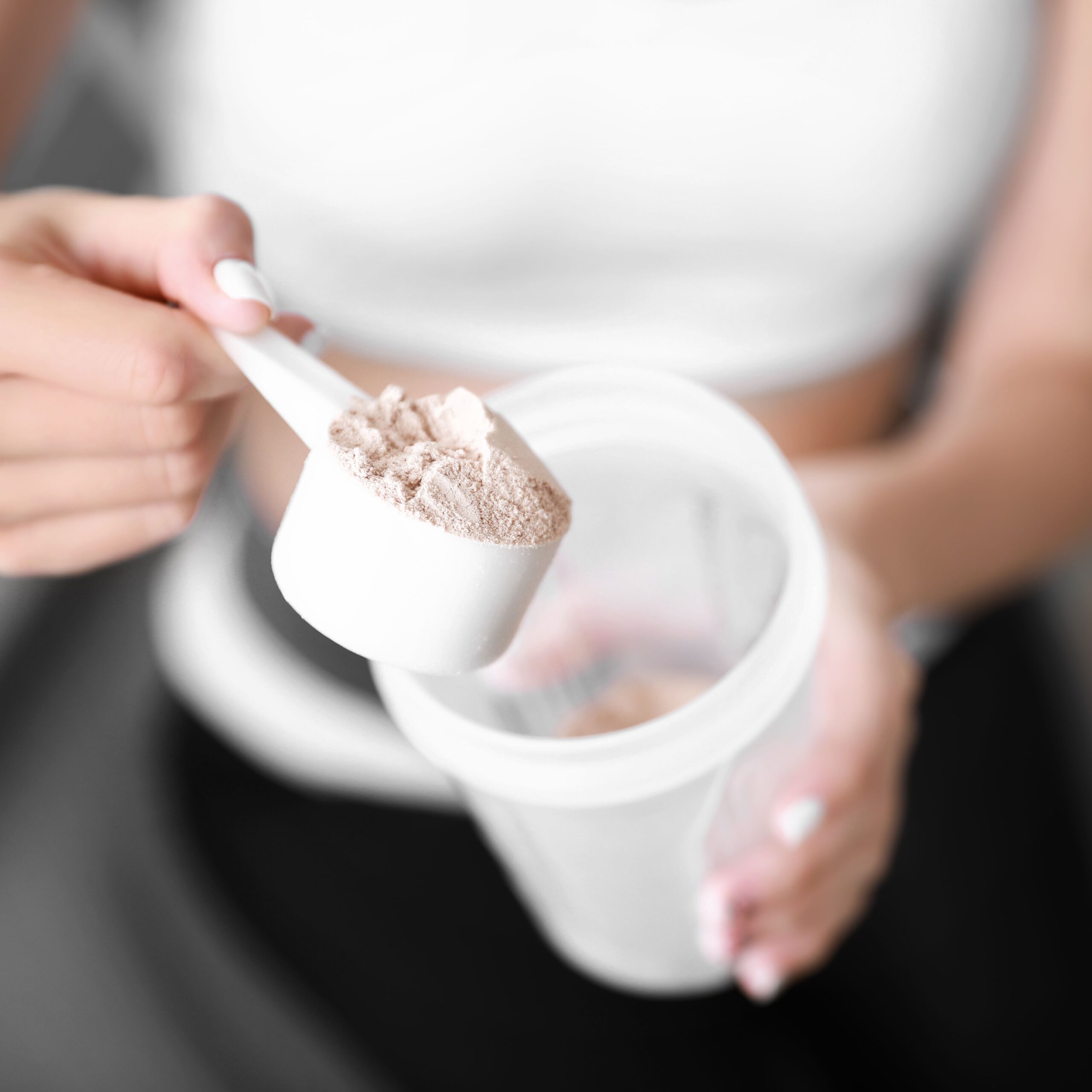
7. Protein Drinks
While protein is essential, some commercially available protein drinks may carry hidden calories and sugars. Excess consumption can lead to a calorie surplus, hindering weight loss efforts. Additionally, relying solely on protein drinks as meal replacements can lack the diverse range of nutrients found in whole foods, potentially contributing to inflammation, among other risks.
"Protein drinks can be high in calories or sugar depending on the brand, check the label," Lisa Andrews, registered dietitian nutritionist at Health Insiders. She suggests considering other healthier alternatives made from whole foods that are protein-packed.
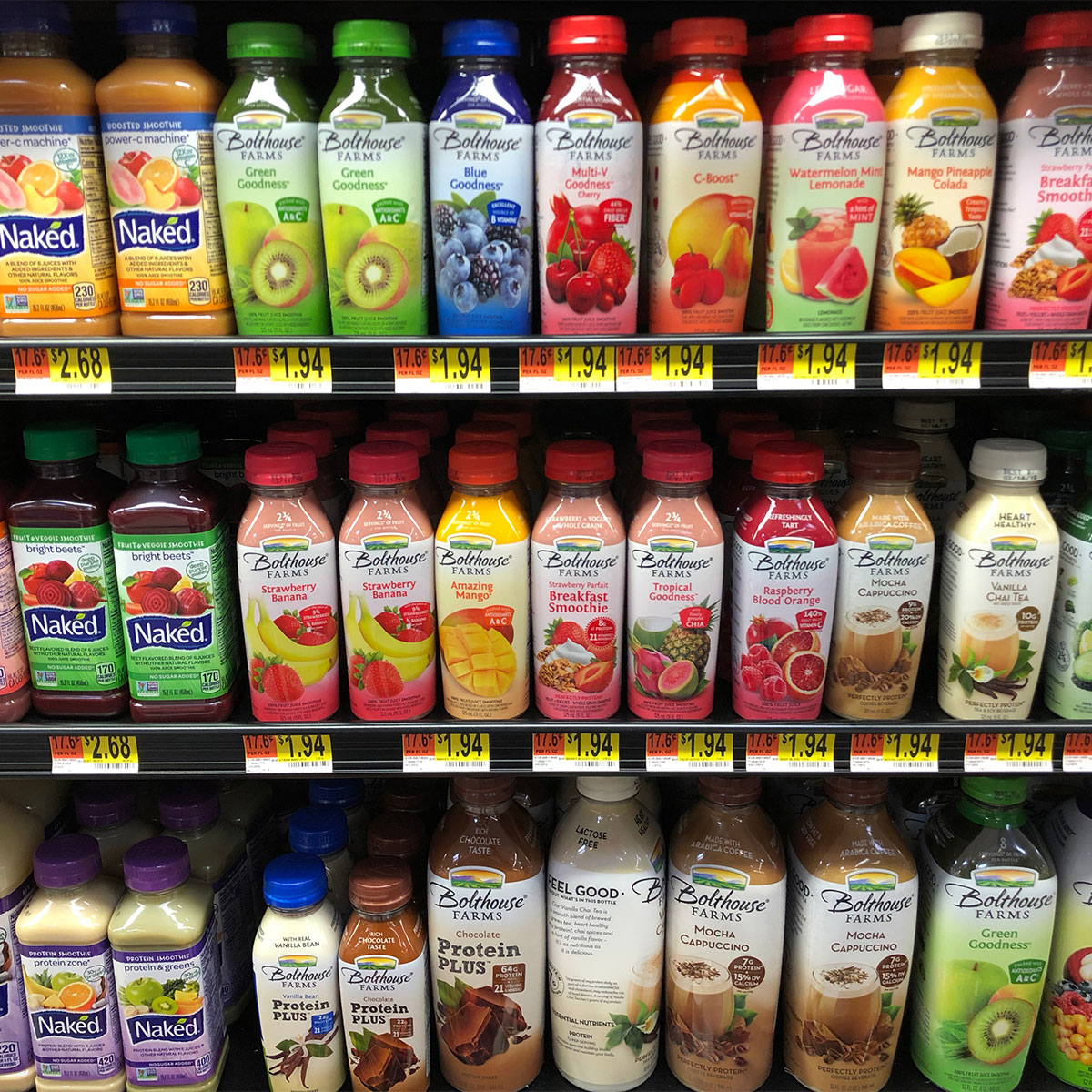
8. Smoothies
Smoothies, though convenient for incorporating fruits and vegetables into your diet, can easily lead to overconsumption due to their liquid form and high-calorie ingredients like sweetened yogurt, excessive fruits, or added sugars. This can contribute to weight gain and inflammation if not consumed mindfully. Store-bought smoothies are especially large culprits.
"Another unexpected ‘healthy’ offender is smoothies, especially those made with high-calorie ingredients like fruit juices, sweeteners, and excessive amounts of nut butter or yogurt. While they may seem like a good choice, these calorie-dense drinks can easily contribute to weight gain and inflammation if not consumed mindfully," Joanna Wen, certified health coach and founder of Spices & Greens notes.
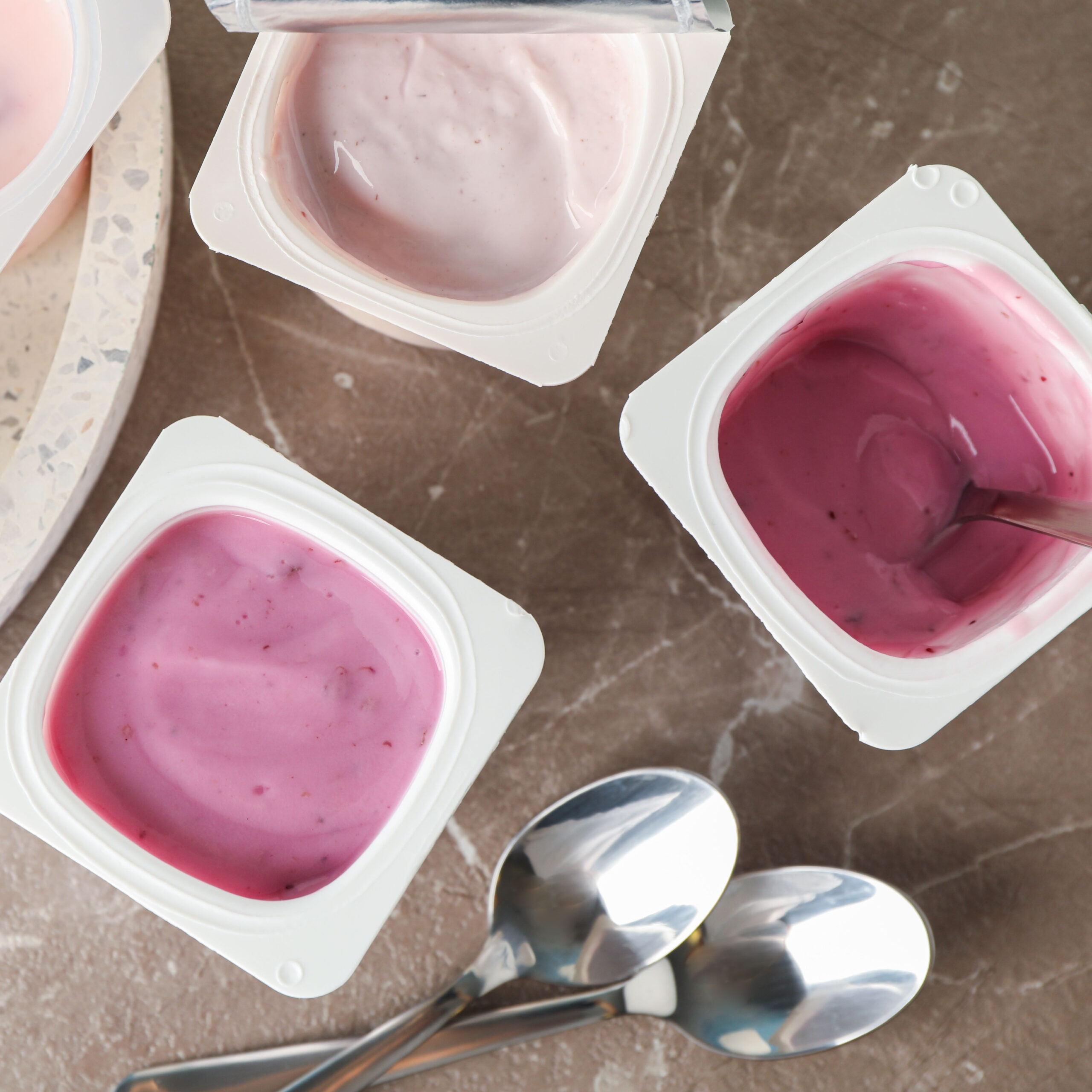
9. Flavored Yogurts
Sweetened yogurt, while seemingly harmless, can pose challenges for weight loss and overall health due to their high sugar content, which provides little satiety and can lead to cravings. This excess sugar can contribute to many risks, including inflammation and weight gain.
"Flavored yogurts with added sugars are a common item in many refrigerators. The excess sugar in these yogurts can contribute to inflammation and potentially lead to weight gain, as they may not provide the same satiety as plain yogurt without added sugars," dietitian Mary Sabat notes.
To support weight loss goals and promote a healthier lifestyle, it is recommended to choose plain, unsweetened yogurt and sweeten it naturally with fresh fruits or a drizzle of honey in moderation.















